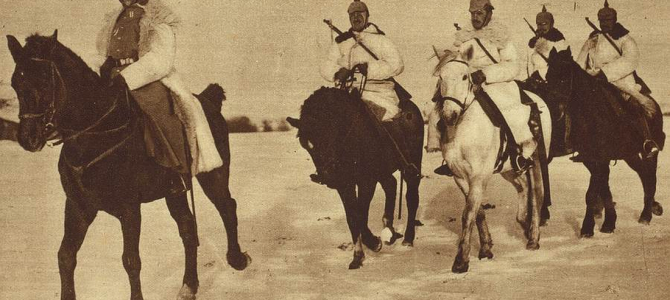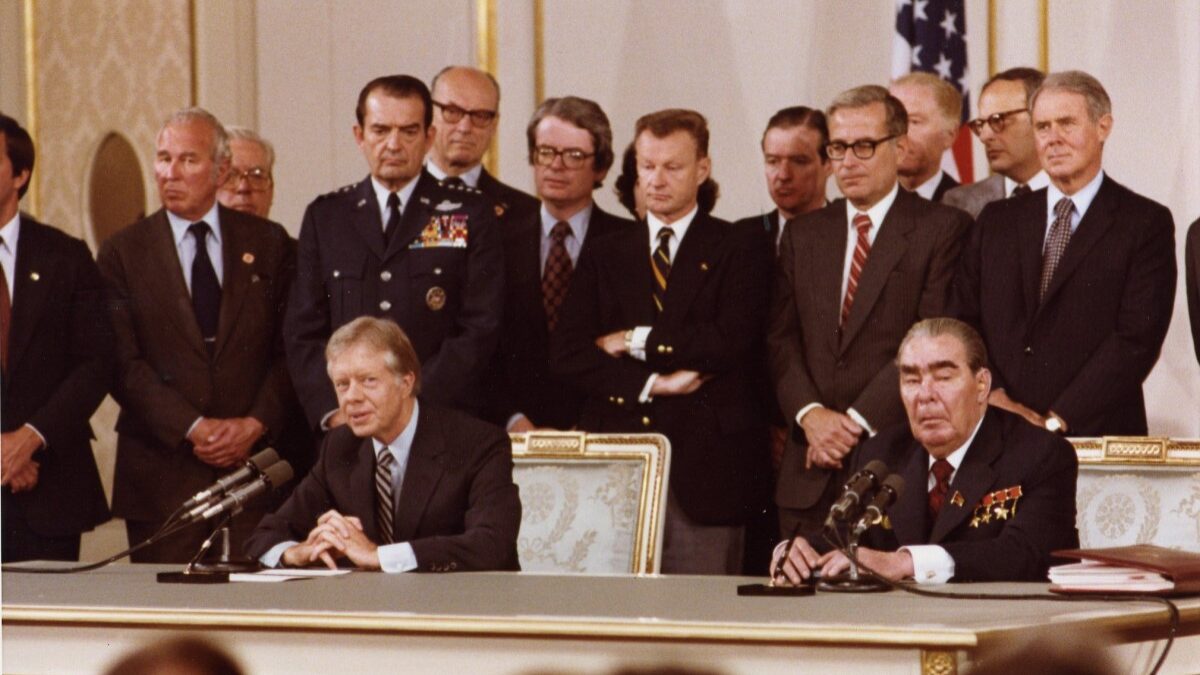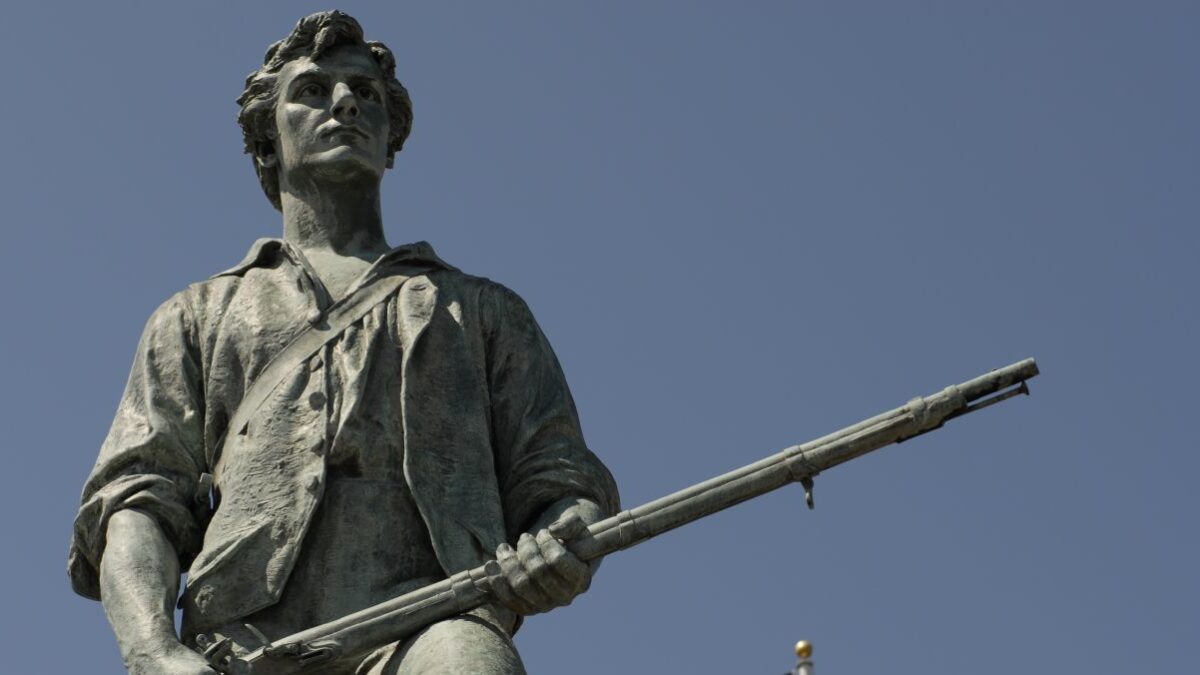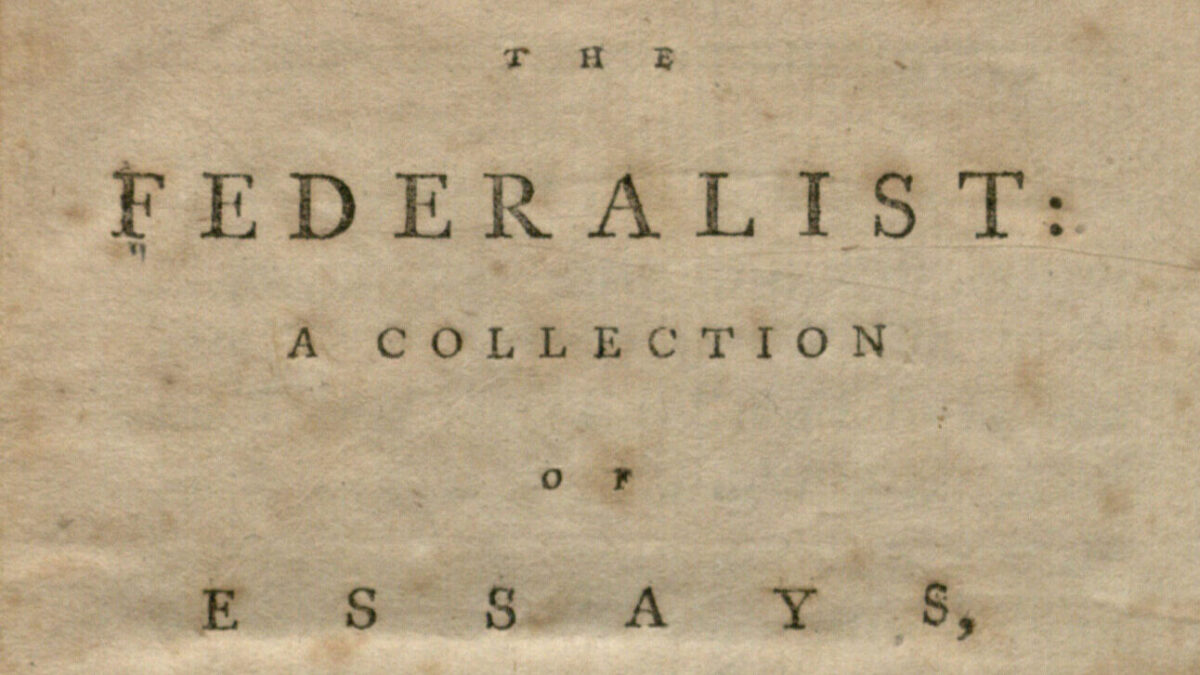
The new year has barely begun, and already there has been an upsurge in World War I-related punditry. Among those itching for a fight over the origins of the First World War is Slate’s Matt Yglesias. On New Year’s Eve, Yglesias offered his own somewhat Slatepitchy take on World War I, claiming that the Great War was “primarily about Russo-Serbian desire to destroy Austria and France’s desire to reclaim Alsace and Lorraine.”
This is, to say the least, a rather curious way to describe the outbreak of the First World War. Sure, the assassination of Archduke Franz Ferdinand by pro-Serb Bosnians may have set the spark for the Great War. But the actual outbreak of hostilities began with an Austrian declaration of war on Serbia, German declarations of war on France and Russia, and a German invasion of Belgium, Luxembourg, and France. So what gives?
Yglesias’ main source in support of his view here is The Sleepwalkers: How Europe Went to War in 1914, a recent revisionist history of the outbreak of the Great War by historian Christopher Clark. Clark’s book attempts to shift blame for the Great War from Germany and Austria onto France, Russia, and Serbia. The gist of Clark’s argument was aptly summarized by Yglesias in another post (written on the 99th anniversary of Franz Ferdinand’s assassination):
Serbia and its Russian superpower sponsor were genuinely trying to destroy the Habsburg empire. Franz Ferdinand’s assassins really did have ties to the Serbian state… The authorities in Vienna and Berlin had a legitimate interest in pushing back against the attempted dismemberment of the Habsburg state. And then things got nasty in no small part thanks to French politicians having persuaded themselves that a Balkan crisis would be the best possible shot at teaming up with Russia to wage a war against Germany and take back Alsace and Lorraine.
I’ve read The Sleepwalkers, and can attest that it is a gripping read. And as someone who is both a fan of the Habsburgs and a bit of a Francophobe, I should be sympathetic to Yglesias and Clark’s view here. But I’m afraid the case just isn’t persuasive. It’s true, for example, that Archduke Ferdinand’s assassins had links with the Serbian terrorist organization the Black Hand, and that members of the Black Hand had infiltrated the highest levels of the Serbian government. In the abstract, that sounds pretty ominous. But what that leaves out is that the Black Hand opposed the pre-WWI government of Nikola Pasic on the grounds that it was not sufficiently belligerent against Austria. Just one month before the assassination, Russia intervened to stop an attempt by the Black Hand to oust Pasic in favor of more a militant faction of the government.
While Serbia definitely wanted to dismember the Austrian empire, the same was true in reverse. Austria wanted to dismember Serbia, and was devising plans to do so long before the assassination. Within a week of Franz Ferdinand’s assassination, Germany had agreed to back Austrian military action against Serbia, even if this resulted in war with Russia. After some characteristic dithering, Austria then decided to issue an ultimatum to Serbia, making demands the denial of which would provide the pretext for war. The German ambassador to Austria reported to his government on July 14 that the Austria ultimatum “is being composed so that the possibility of its being accepted is practically excluded.” As Britain’s Foreign Secretary Edward Grey said after receiving news of the ultimatum’s text, “Any nation that accepted conditions like that would really cease to count as an independent nation.”
So given Austrian and German actions, war was unavoidable. The best one can say is that, had Russia abandoned Serbia, the war might have been a limited one. But that’s a far cry from saying the war was about a “Russo-Serbian desire to destroy Austria.” As Max Hastings puts matters in his recent study of the outbreak of the Great War, Catastrophe 1914: Europe Goes to War, “Those who today attribute to Russia principal responsibility for war are obliged to rely on the [argument] that the Tsar should have preserved wider European peace by allowing Austria to conduct a limited war to crush Serbia. Such a case can be made; but it seems essential to acknowledge its terms, rather than attempt to construct a spurious indictment that the Russians were guilty of duplicity.”
What about the other half of Yglesias’ explanation, that the Great War was caused by “France’s desire to reclaim Alsace and Lorraine”? To begin with, any attempt to shift blame for World War I from Germany onto the French-Russian alliance has to deal with Germany’s responsibility for creating that alliance in the first place. If France wanted Alsace and Lorraine back, it was only because it had lost the territories in a war engineered by Germany. Karl Marx, in a moment of rare foresight, predicted that Germany’s decision to annex Alsace and Lorraine would end “by forcing France into the arms of Russia.” Similarly, it was Germany’s decision not to renew its alliance with Russia that led to increasing enmity between Russia and Austria, and to the creation of an anti-German alliance between Russia and France. And the German decision to rebuff British overtures in favor of a naval arms race (not to mention provoking the Agadir Crisis) pushed yet another potential ally into the enemy camp. Germany’s ability to lose friends and alienate people would continue during World War I itself, with such brilliant diplomatic maneuvers as the Zimmerman telegraph, unrestricted submarine warfare, and the decision to let Lenin back into Russia.
But leave all that aside. It’s certainly true that France wanted to get Alsace and Lorraine back from Germany, and that France knew the only hope it had of beating Germany in a war was with Russia as an ally. But this had been true for decades prior to 1914. Had France and Russian really wanted to start a war with the central powers, they had plenty of opportunities. But they didn’t. Clark himself concedes this, noting that “at no point did the French or the Russian strategists involved plan to launch a war of aggression against the central powers.”
What’s more, far from being an instigator, France was disengaged during much of the July Crisis. Attention in France during July 1914 was focused on a particularly lurid murder trial involving the wife of a prominent politician. During the key period of the Austrian ultimatum, both the French president and prime minister were stuck on a boat returning from St. Petersburg. And when leaders did finally arrive in Paris, their moves were not aggressive. The French prime minister cabled Russia on July 30 that it “should not immediately proceed to any measure which might offer Germany a pretext for a total or partial mobilization of her forces” and the French army itself was pulled back six miles from the German frontier.
By contrast, as the July Crisis dragged on Germany became increasingly insistent on using the Austro-Serbian conflict to spark a general European war. According to the dominant view among the German army at the time, war with Russia was inevitable, and delay would only allow Russia to grow stronger militarily.
Admittedly, as you get into the final days of July of 1914, things get incredibly complicated. Within each of Great Powers there were those arguing for a wider war, others trying to maintain peace, and still others attempting to hedge their bets, or who vacillated between one extreme and another. But while there may have been those in Germany trying to step back from the brink of war, they were effectively outmaneuvered by those such as Moltke who wanted war. Functionally, Germany spent the final days squelching peace initiatives, encouraging the Austrians to proceed with the invasion, and ultimately launching an attack on France through Belgium that brought the wavering British firmly into the war on the Allied side.
Ultimately, then, while France, Russia, and Britain may have been willing to accept war rather than abandon an ally, it was Germany that actually acted to bring a general European conflagration into being. In his book Europe’s Last Summer: Who Started the Great War in 1914?, historian David Fromkin puts it succinctly: “Germany deliberately started a European war to keep from being overtaken by Russia.”
Fromkin’s assessment of French and Russian involvement in the war is equally succinct: “What drove France and Russia to join in the fray can be covered in a sentence: Germany declared war on them, and they defended themselves.”
Disagreements over the causes of World War I lack the policy relevance of arguments over Obamacare or NSA surveillance. Still, over the next few years countless pundits will try to analogize current events to 1914, and it would be a shame if they did so based on the mistaken belief that the Great War was really a French plot. Revisionist history can be fun, but in this case it is just wrong. The First World War, like its sequel, was Germany’s fault.









